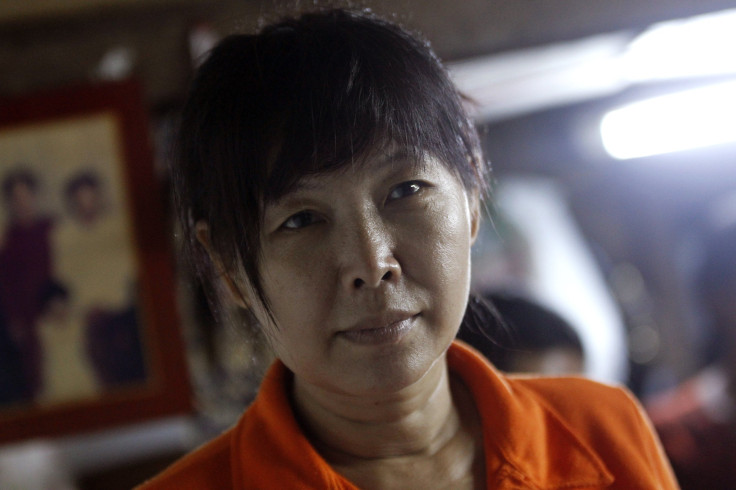Myanmar Acquits 2 Soldiers In Shooting Death Of Journalist, Wife Says She Will Appeal

A military court in Myanmar has acquitted two soldiers who were being tried for shooting and killing a freelance journalist. A post mortem conducted on his body showed that he had five gunshot wounds and may have been beaten before his death, BBC reported.
The state-sponsored Myanmar National Human Rights Commission said that a military court had acquitted Lance Corporal Kyaw Kyaw Aung and Private Naing Lin Tun in the killing of Aung Naing, also known as Par Gyi last October, the Associated Press reported Tuesday. Par Gyi was shot dead in October in military custody while he was covering ongoing clashes between government forces and ethnic Karen rebels. Military authorities said he was shot while trying to escape.
A lawyer for the journalist’s family said that the country’s army chief still needed to approve the court’s decision. "The decision for acquittal is not final until the commander-in-chief approved the decision. We don't want revenge but justice," attorney Robert San Aung said, according to the AP.
Than Dar, wife of Par Gyi, said on Tuesday that she plans to file an objection to the ruling and called for a transparent trial in a civilian court. "The judges from civilian court told me yesterday that there was no influence from the military court on them," she said, according to Reuters. "So I think the court might bring justice in my husband’s case."
The circumstances surrounding the court’s investigation were reportedly unclear, with no indication being given if any charges were brought against the soldiers and no publicly released list of names to be called for testimony.
Myanmar’s military retains major power over the country’s political process even after it ceded power to a semi-civilian government in 2011 after 49 years of military rule. The country's constitution mandates that significant power, including one quarter of parliamentary seats and several key ministerial positions, be retained for the military.
© Copyright IBTimes 2024. All rights reserved.





















